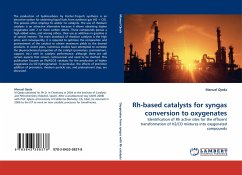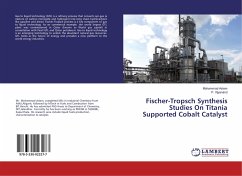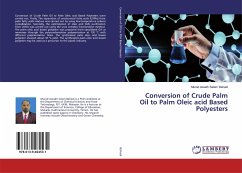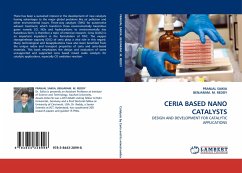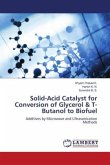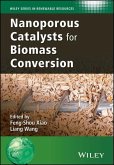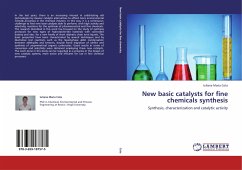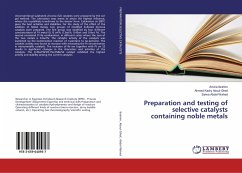The production of hydrocarbons by Fischer-Tropsch synthesis is an attractive option for obtaining liquid fuels from synthesis gas (H2 + CO). This process often employs Fe and/or Co catalysts. The use of rhodium catalysts is an attractive alternative because it allows obtaining higher oxygenates with 2 or more carbon atoms. These compounds posses a high added value, and among others, their use as additives in gasoline is of special interest. The main drawback of rhodium catalysts is the high price, and consequently, it is required to optimize the composition and pretreatment of the catalyst to obtain maximum yields to the desired products. In recent years, numerous studies have attempted to correlate the physicochemical properties of the catalyst (promoters, pretreatment, support, etc.) with its catalytic performance, although there are still certain aspects that remain controversial and need to be clarified. This publication focuses on Rh/Al2O3 catalysts for the production of higher oxygenates via CO hydrogenation. In particular, the effects of promoter addition of promoters, rhodium particle size, and pretreatment step, are discussed.
Bitte wählen Sie Ihr Anliegen aus.
Rechnungen
Retourenschein anfordern
Bestellstatus
Storno

